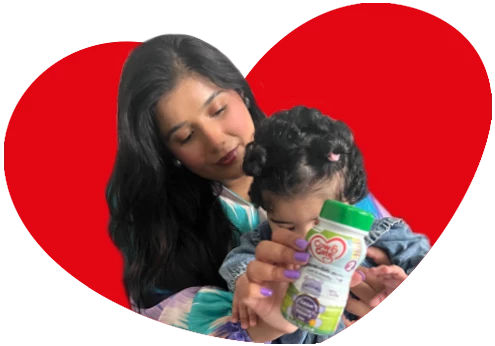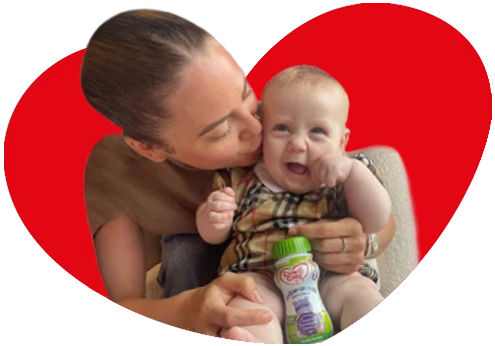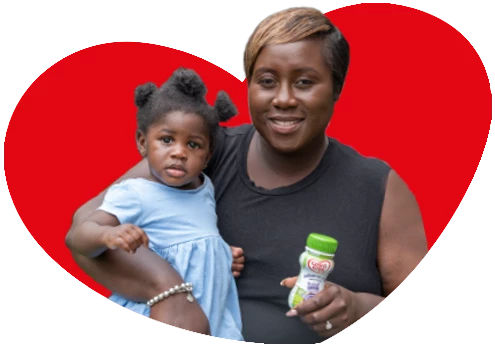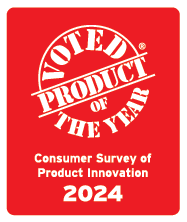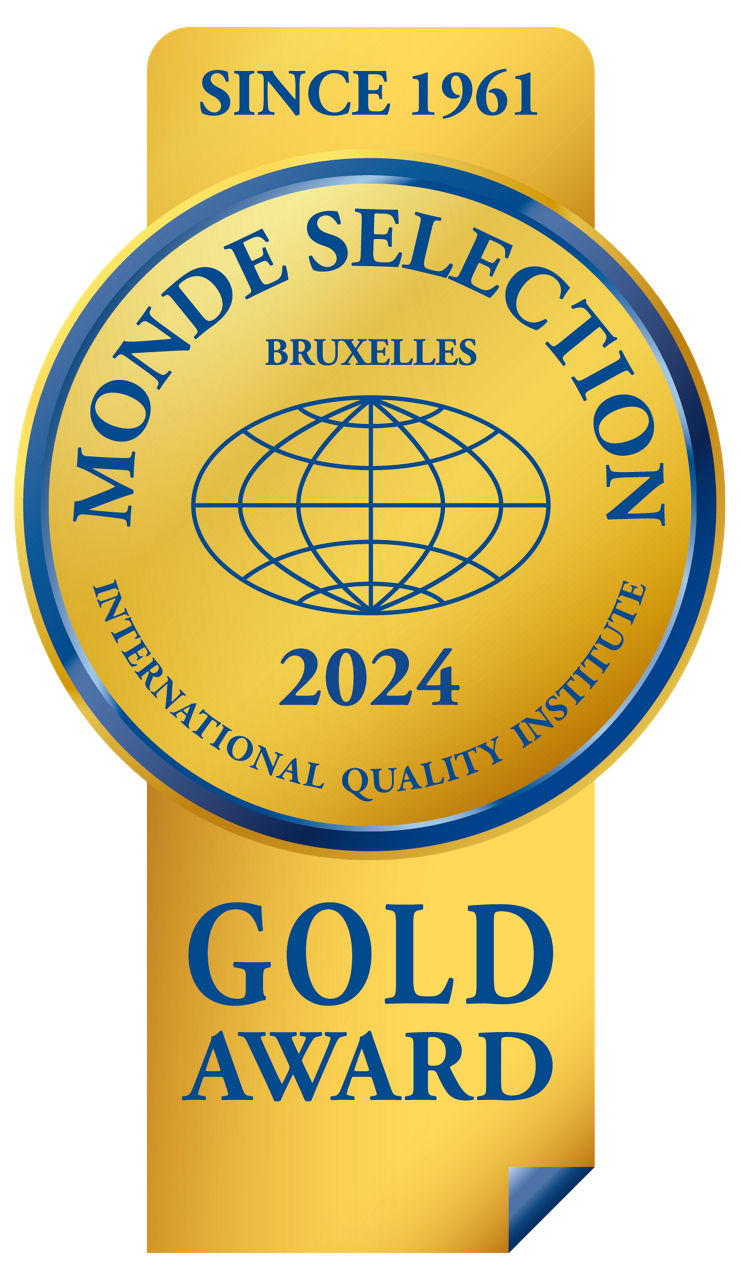Free weaning plan - Register here
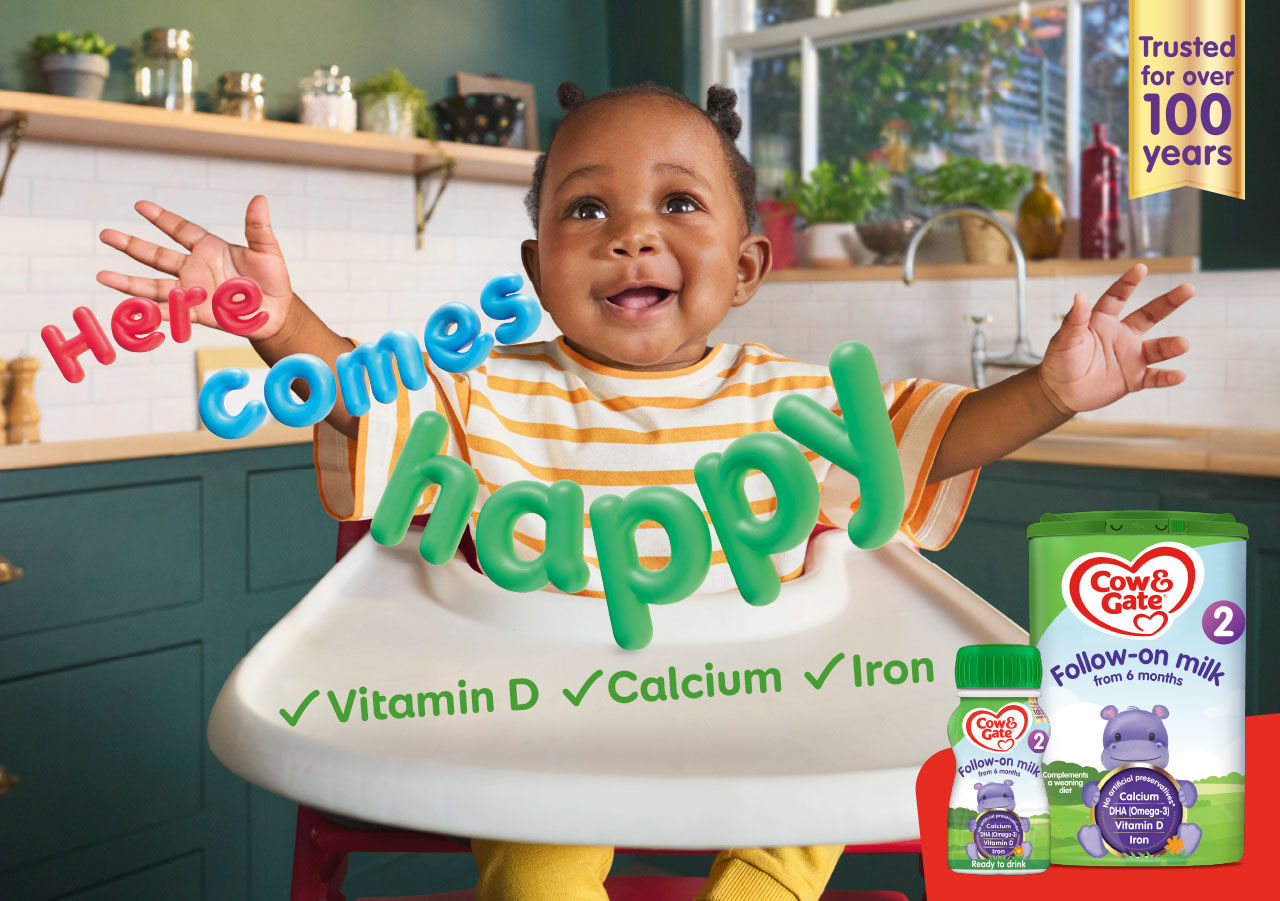
At Cow & Gate, we're proud to have been trusted to feed little ones across the UK for over 100 years - that's 5 generations of happy babies.
Why parents love us:
Our happy parents
Read more about what parents say about us
Awards that make us smile
Need free advice with a smile? Get in touch with our dedicated Care team.
Ask us a question (8am - 8pm Monday to Friday, 10am - 4pm Weekends)
Messenger
Contact us on Facebook (10am - 10pm, 7 days a week)
Call us
Call us on 0800 977 8880 (8am - 8pm Monday to Friday)
FAQs
Get answers to your most frequently asked questions

Join the club
Ready to stop worrying about what other people think and do what feels right to you? We’ll give you the support you need to follow your instincts and enjoy parenthood to the max:
Helpful emails
Non-judgemental support
Free weaning plan*
Tips from real parents
*Weaning is recommended at around 6 months. Please speak with a healthcare professional before introducing solid foods.

Join the club
Ready to stop worrying about what other people think and do what feels right to you? We’ll give you the support you need to follow your instincts and enjoy parenthood to the max:
Helpful emails
Non-judgemental support
Free weaning plan*
Tips from real parents
*Weaning is recommended at around 6 months. Please speak with a healthcare professional before introducing solid foods.
Important notice
Breastfeeding is best for babies. Cow & Gate First infant milk should only be used on the advice of a doctor, midwife, health visitor, public health nurse, dietitian, pharmacist, or other professional responsible for maternal and child care.
